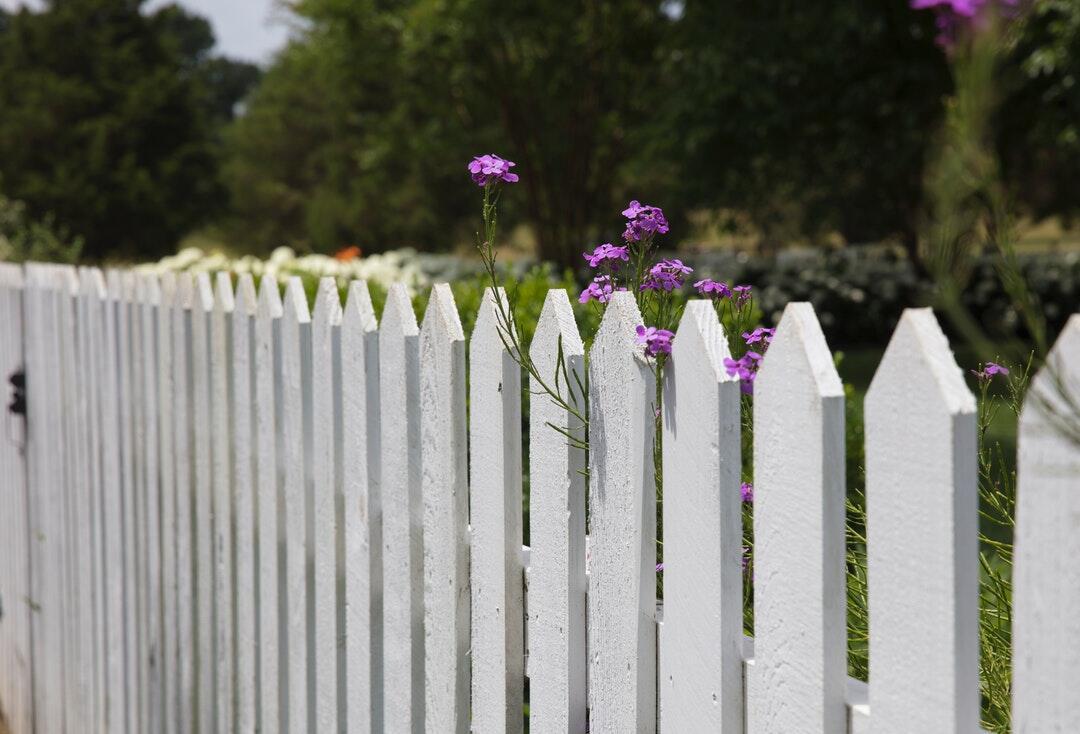Are you torn between choosing a composite or vinyl fence for your yard? Deciding on the right fencing material can dramatically transform the look and functionality of your outdoor space.
With the various options available, understanding the nuances between composite vs vinyl fence options can guide you to make a well-informed decision that aligns with your home improvement goals.
Imagine installing a fence that enhances your property’s curb appeal and offers longevity and ease of maintenance. Whether you value aesthetics, durability, or cost-effectiveness, knowing the pros and cons of each material can make your decision easier.
Read on to explore fencing materials as we compare composite and vinyl options.
Understanding the Basics
Composite fencing options are made from recycled wood fibers and plastics, making them eco-friendly. It offers the appearance of wood without intensive maintenance.
Vinyl fencing is plastic made from polyvinyl chloride (PVC). It is known for its durability and low maintenance.
Material Analysis: Composite vs Vinyl Fence
When choosing fencing for your home, the material is crucial. Let’s analyze the key differences between composite and vinyl fences.
Aesthetics and Variety
Composite fencing impresses with its resemblance to natural wood. It comes in various colors and finishes that can mimic specific types of wood. This makes it a superb choice for those achieving a classic wood look without the associated upkeep.
Vinyl fencing is available in many colors and styles. It offers a more consistent and clean appearance.
Also, it doesn’t fade over time like wood. This means it keeps its crisp look with minimal effort.
Durability and Maintenance
When it comes to durability, both materials are strong contenders. Composite fences are highly durable and resistant to weather conditions, rot, and insect damage. They require minimal maintenance, usually only needing occasional cleaning to keep them looking new.
Vinyl fencing is also weather-resistant and does not rot or corrode. It is known for its ability to stand up well against the elements, requiring only a hose-down for cleaning.
One of the benefits of vinyl fence installation is that it is straightforward and can often be completed quickly, which reduces labor costs.
Environmental Impact and Cost
Composite materials are often praised for their environmental benefits, as they are from recycled materials. However, they can be more expensive than vinyl in terms of material and installation costs.
Vinyl is less environmentally friendly due to its plastic composition and the processes involved in its production. However, its longevity and recyclability at the end of its life can offset some environmental concerns.
Vinyl fences are less expensive than composite. This makes it a cost-effective option for many homeowners.
Longevity and Warranty
Both materials offer excellent longevity. Composite fences come with 20-25 year warranties. But they can last even longer with proper care.
Vinyl fences often come with a lifetime warranty. They appeal more to those who plan for long-term durability.
Consider Your Choices: Composite vs Vinyl Fence
Thank you for exploring the differences between composite vs vinyl fence options. Each material offers distinct advantages, whether you prioritize aesthetics, durability, or environmental impact. We encourage you to weigh these factors and select the best fencing option for your home.
Be sure to read our content for more insightful articles on material analysis, outdoor decor, and home improvement.






